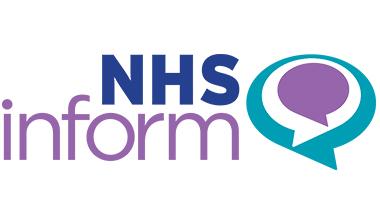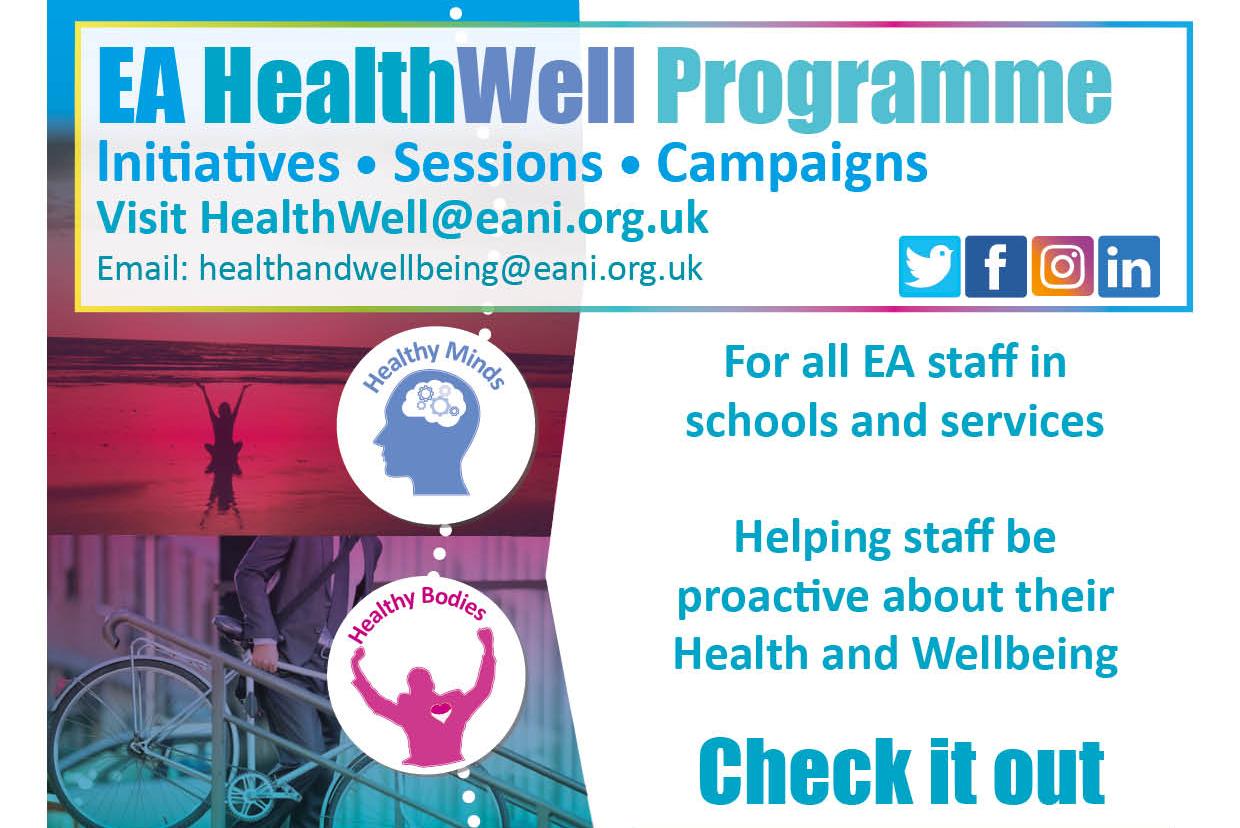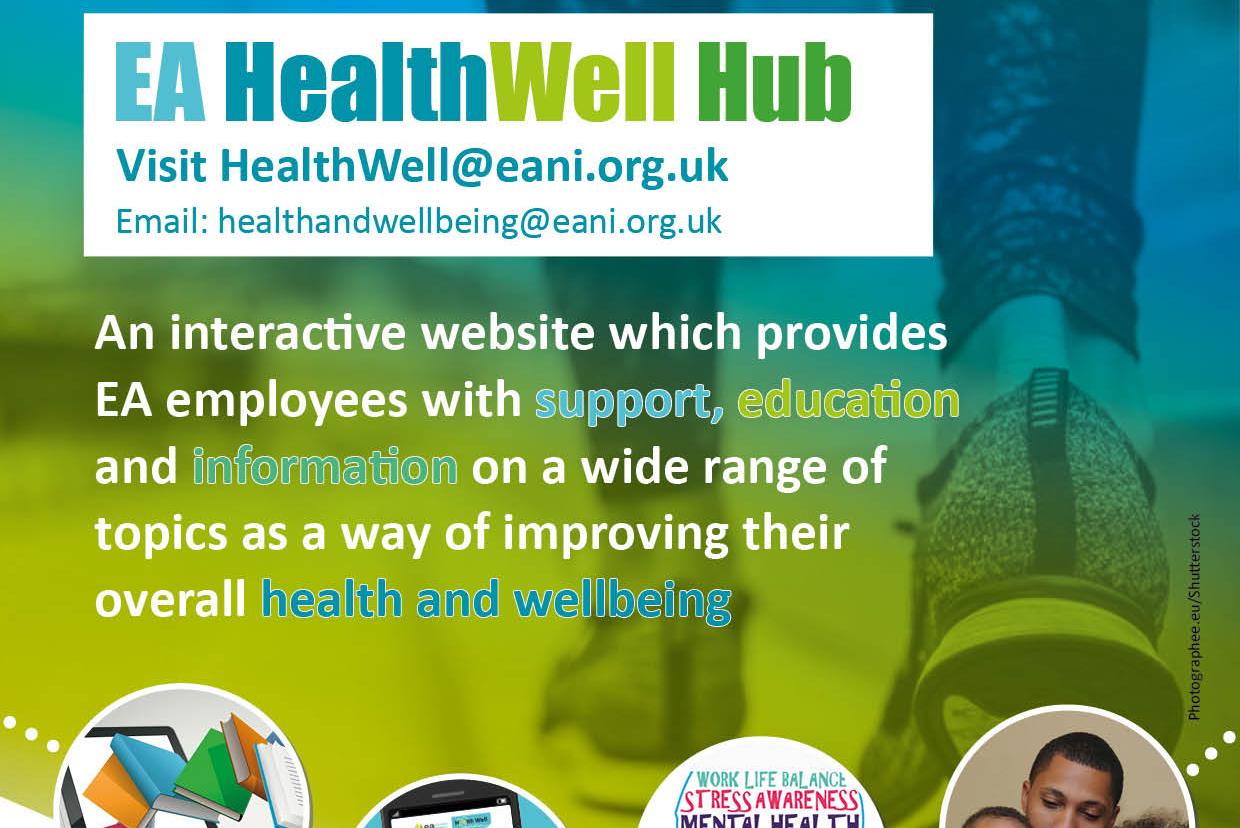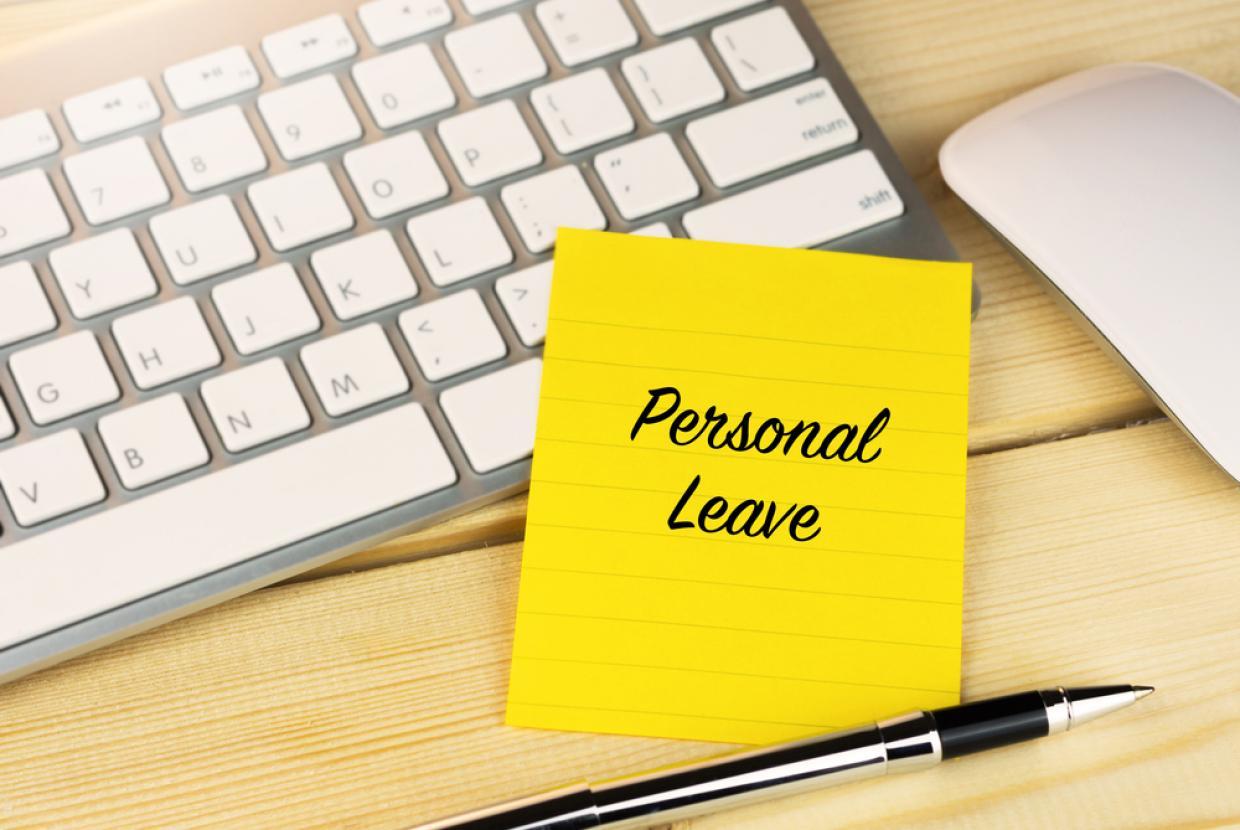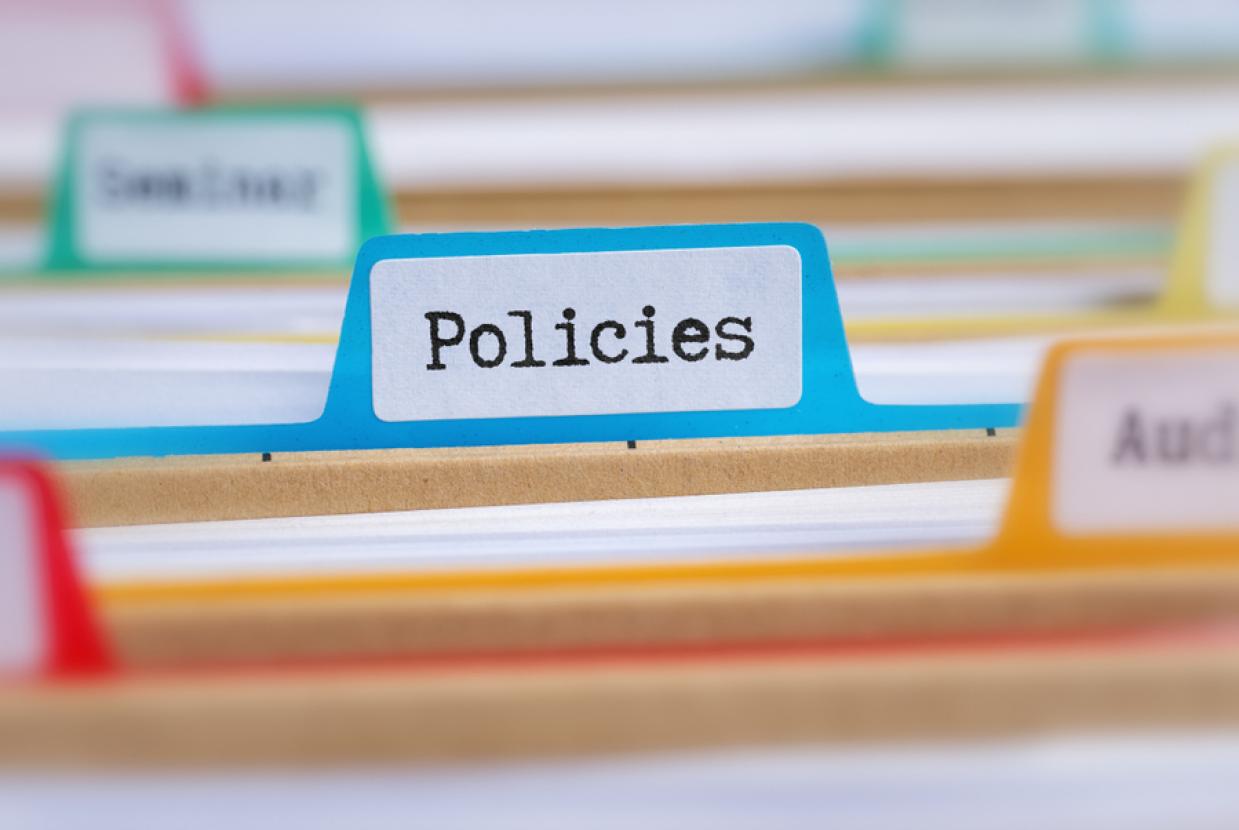Beat Stress At Work
Workplace HealthAccording to the Health and Safety Executive (HSE), in 2017/18, 595,000 people in the UK reported work-related stress at a level they believed was making them ill. That's 40% of all work-related illness.
Psychological problems, including stress, anxiety and depression, are behind one in five visits to a GP.
Some pressure at work can be motivating, but when it becomes excessive it can eventually lead to work-related stress. Stress is “the adverse reaction people have to excessive pressures and demands placed on them”, according to the HSE.
Stress symptoms include a pounding heart or palpitations, a dry mouth, headaches, odd aches and pains and loss of appetite for food and sex.
What causes work stress?
The main reasons given for work stress include work pressure, lack of support from managers and work-related violence and bullying.
The way you deal with stress can lead to unhealthy behaviours, such as smoking and drinking too much, which might increase your risk of heart disease.
How to manage work stress
Good stress management in the workplace is critical to your overall health. Life coach Suzy Greaves says one of the key skills to managing workplace stress is knowing how to say no.
"I’m constantly challenging clients who say they have no choice but to overwork," she says. "I coach people to become empowered and believe they have a choice."
She explains that saying yes can win you brownie points in the short term, but if you take on too much and fail to deliver, it can be a disastrous long-term strategy.
"Have confidence in your ‘no’ when you think it's the right decision, even though it may not be the most popular one," she says. "In the long term, your ability to say no will be one of your most valuable attributes."
Learn to speak out
Greaves says you can prevent exhaustion by knowing how much work you can take on. By taking on too much, you could end up doing nothing well.
Calculate how long you'll need to deal with your current workload so that you can see if you have any extra capacity.
“If you’re extremely busy and your boss asks you to do more, you can say no. Outline your reasons in a specific, measurable way, but always offer a solution.”
Spot the signs of work stress
Learn to recognise the physical effects of stress and do something about it before it makes you really ill. Beware of work stress spilling over into other areas of your life.
Whatever the source of your stress, speak to your manager or someone in your organisation that you feel comfortable talking to. Or get outside help.
Employers have a duty to ensure the health, safety and welfare of their employees. This comes under the Health and Safety at Work Act 1974. They're also required to conduct risk assessments for work-related stress.
If the problem is not work-related, they may be able to support you in some way or help to take some pressure off you at work while you resolve the stress in your personal life.
Who else can help with work stress?
The HSE supports anyone who is responsible for tackling work-related stress in an organisation. That might be the person who has responsibility for human resources, a health and safety officer, trade union representatives or line managers.
The HSE believes good management practices can help reduce work-related stress. It offers a management standards approach to help employers take sensible and practical steps to minimise stress in the workplace.
Your GP can also help. Doctors aren't experts in employment law, but they can help you analyse the situation and refer you to more specialised help if necessary.


